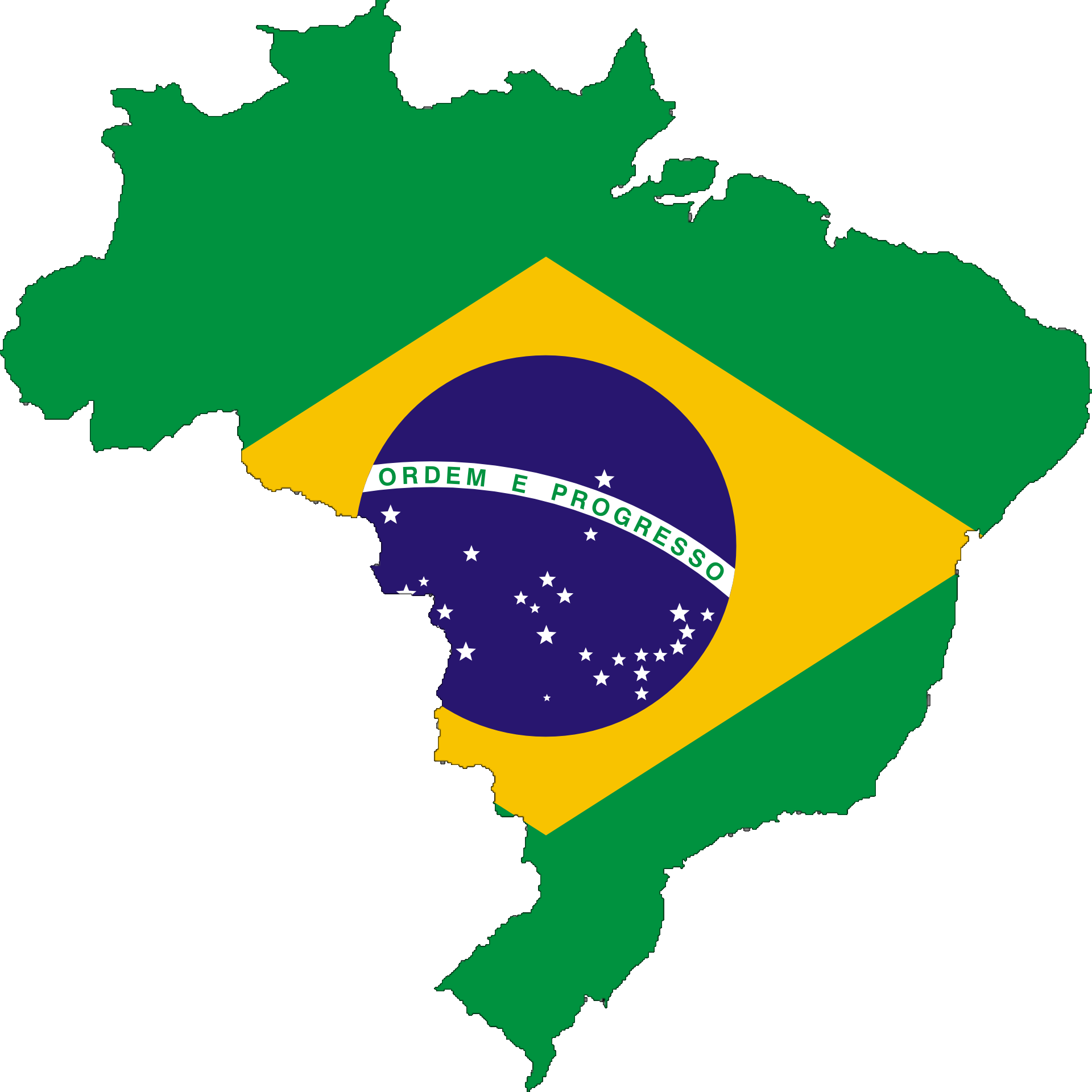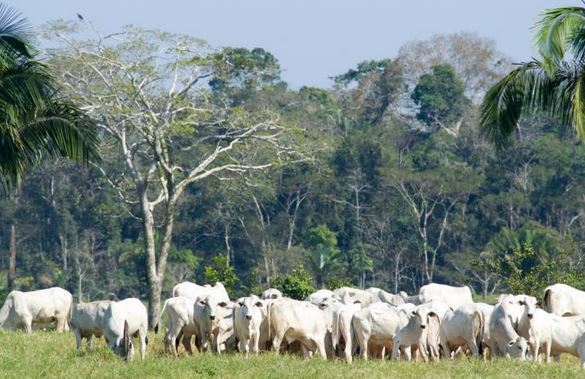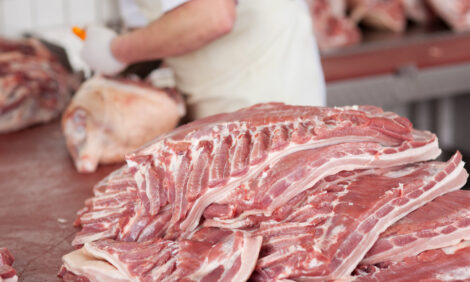



Audit finds that JBS purchased over 300,000 cattle from “irregular” farms in the Amazon
A 2020 audit of JBS reveals that the meat processor bought 301,000 cattle , nearly one third of their supply, from ranches with “irregularities” such as illegal deforestation.
Reuters reports that the 2020 audit was prepared by federal prosecutors in Brazil.

In a presentation, federal prosecutors said they were "negotiating improvements" with companies such as JBS with "unsatisfactory and worsening" performance in the audit, which analyzed cattle transactions between January 2018 and June 2019.
In a statement, JBS said the audit changed some of its criteria, impacting the results. Prosecutors said nothing changed in their methodology or the way they audit companies.
JBS also acknowledged the need to implement "additional measures to reinforce its due diligence work in the state" and said it would invest 5 million reais ($908,265) to improve the sustainability of its supply chain.
The 2020 audit found no irregularities related to cattle purchases from Minerva, South America's largest beef exporter and a key rival of JBS, the presentation showed.
Cattle ranching is one of the main drivers of deforestation in the Amazon rainforest and the results of the audit add to growing concern that JBS is contributing to the destruction by buying cattle from illegally cleared land.
The Amazon, the world's largest rainforest, is a crucial bulwark against climate change due to the carbon it absorbs and stores.
JBS, along with other major meatpackers, reached a settlement with prosecutors in 2013 in which the companies agreed not to buy cattle from ranches that were cleared illegally since 2008 or otherwise blacklisted for environmental crimes.
The companies also agreed to stop buying cattle from ranchers blacklisted for engaging in slave labor, occupying indigenous land and violating environmental preserves.
The agreement was initially celebrated for contributing to a marked fall in deforestation, but in recent years has drawn increasing criticism from environmentalists for lacking teeth. Although prosecutors have the power to fine companies for poor-compliance, they have so far chosen not to do so and preferred to work with meatpackers to improve their results.
Prosecutors monitoring that agreement in Para state found JBS had improved its compliance in a 2019 audit, when 8% of cattle bought by the company came from ranches with "irregularities," down from 19% in a 2018 audit.
However, that ratio jumped to 32% ‒ or more than 300,000 head of cattle ‒ in the 2020 audit presented on 7 October.
($1 = 5.5050 reais)
Read more about this story here.
Source: Reuters



